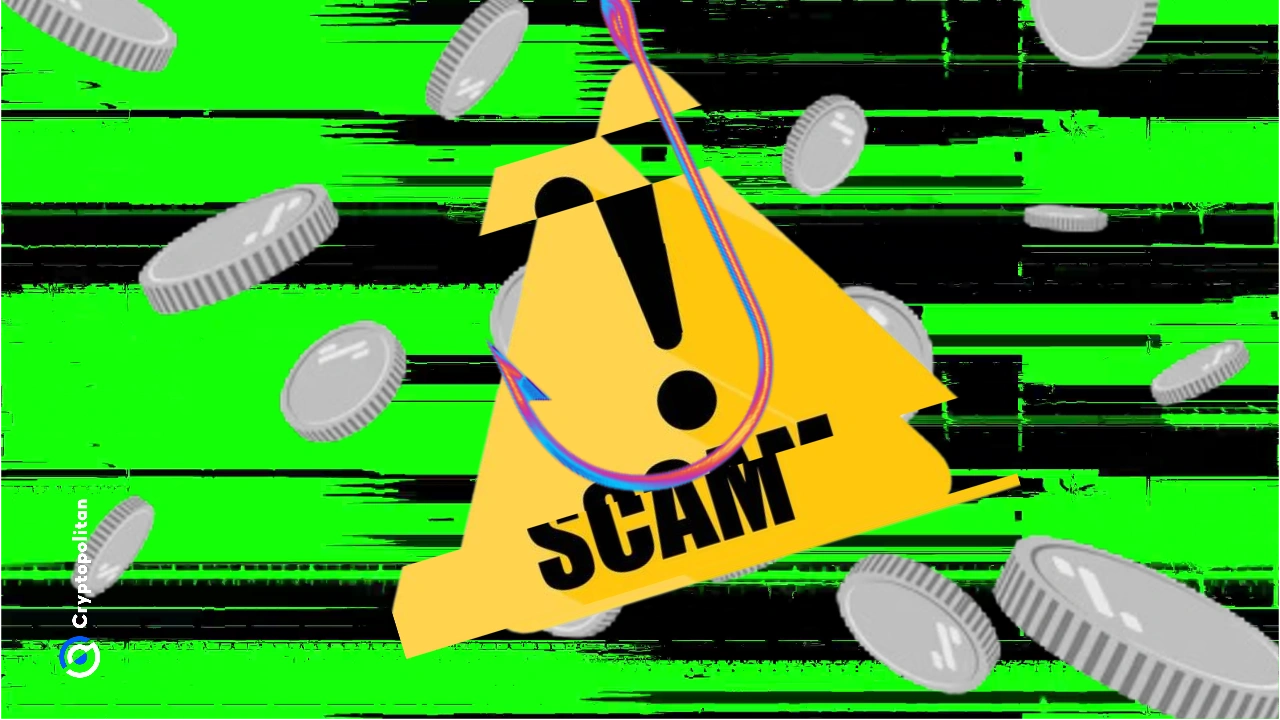Project Eleven, a research organization, has announced the launch of the Q-Day Prize, a global challenge offering 1 BTC to the first team able to break an elliptic curve cryptographic (ECC) key using Shor’s algorithm on a quantum computer. The first team to successfully achieve this breakthrough before April 5, 2026, will be awarded 1 BTC.
The challenge directly targets the Elliptic Curve Digital Signature Algorithm (ECDSA), which underpins bitcoin’s security model. While theoretical discussions about quantum threats have persisted for years, Project Eleven seeks to turn speculation into measurable risk by encouraging practical demonstrations of cryptographic vulnerability.
According to the initiative, more than 6.2 million BTC, worth nearly $500 billion, are currently held in wallets with exposed public keys and could be at risk if quantum capabilities advance further.
“We have no clear idea how close we are to a quantum ‘doomsday’ scenario for existing cryptography,” said Alex Pruden, CEO and co-founder of Project Eleven. “ is designed to take a theoretical threat from a quantum computer, and turn that into a concrete model.”
Recent developments in the quantum computing space have added urgency to the initiative. Google’s ‘Willow’ chip recently solved a complex computation in five minutes that would take supercomputers 10 septillion years, demonstrating progress in error correction. Amazon’s ‘Ocelot’ and Microsoft’s ‘Majorana 1’ chips have also made significant strides, while PsiQuantum raised $750 million in Q1 2025, citing developments in photonic chip design and optimization of Shor’s algorithm.
Access to quantum computing is also expanding through cloud-based services from providers such as IBM, AWS, Google, and Alibaba, making the technology more accessible to researchers and developers.
The Q-Day Prize continues a tradition of benchmarking challenges, similar to the RSA Factoring Challenge in 1991 and Hal Finney’s 1995 SSL cipher challenge, both of which played key roles in measuring cryptographic resilience.
“This is an open call to the boldest minds in quantum,” Pruden added. “Prove what’s possible, and help us secure the future of digital assets.”
Registration and additional details are available at .
















No comments yet